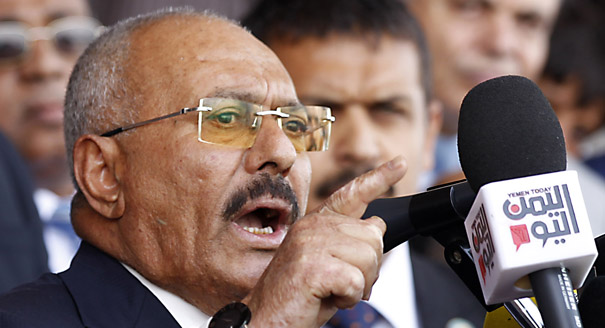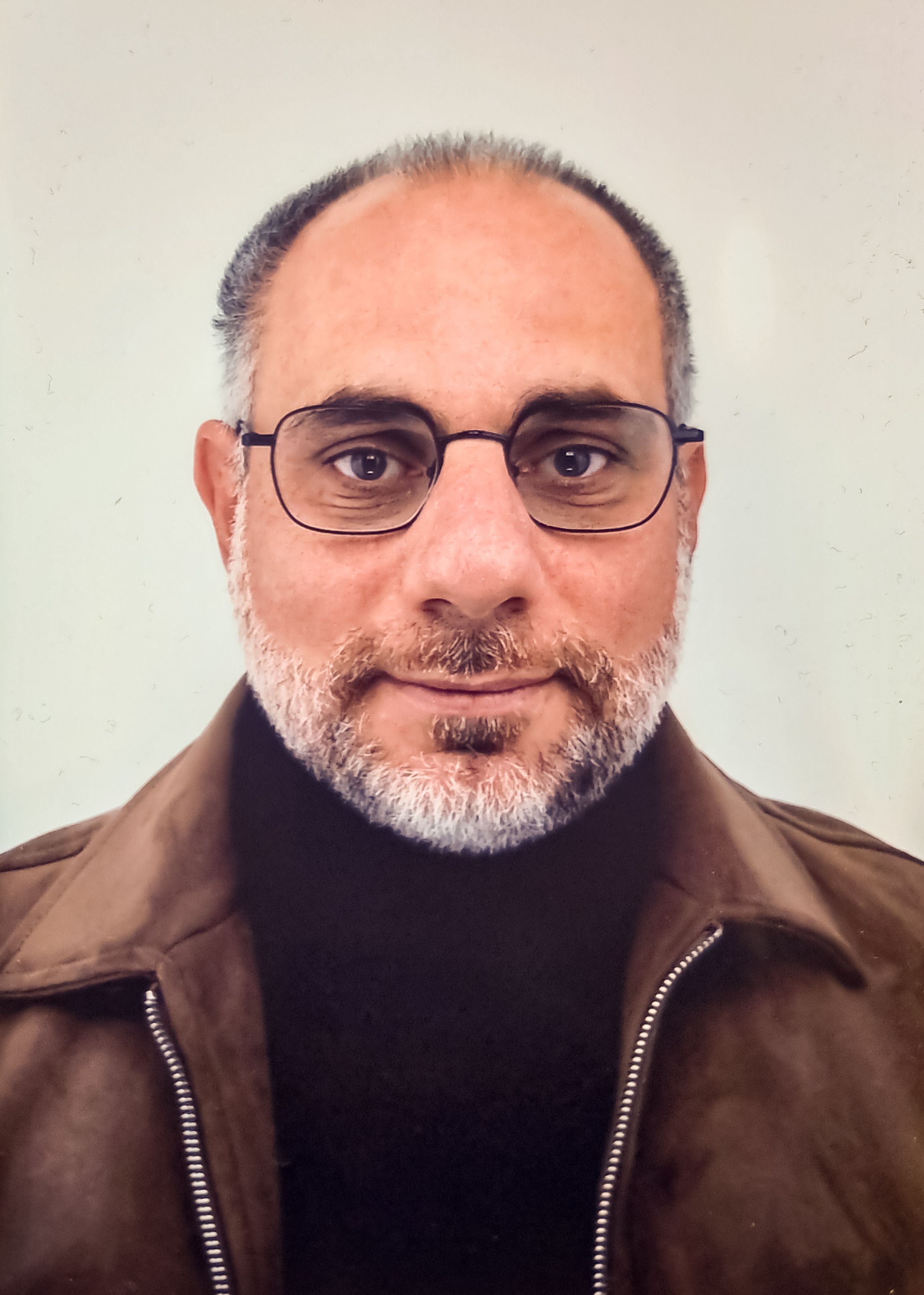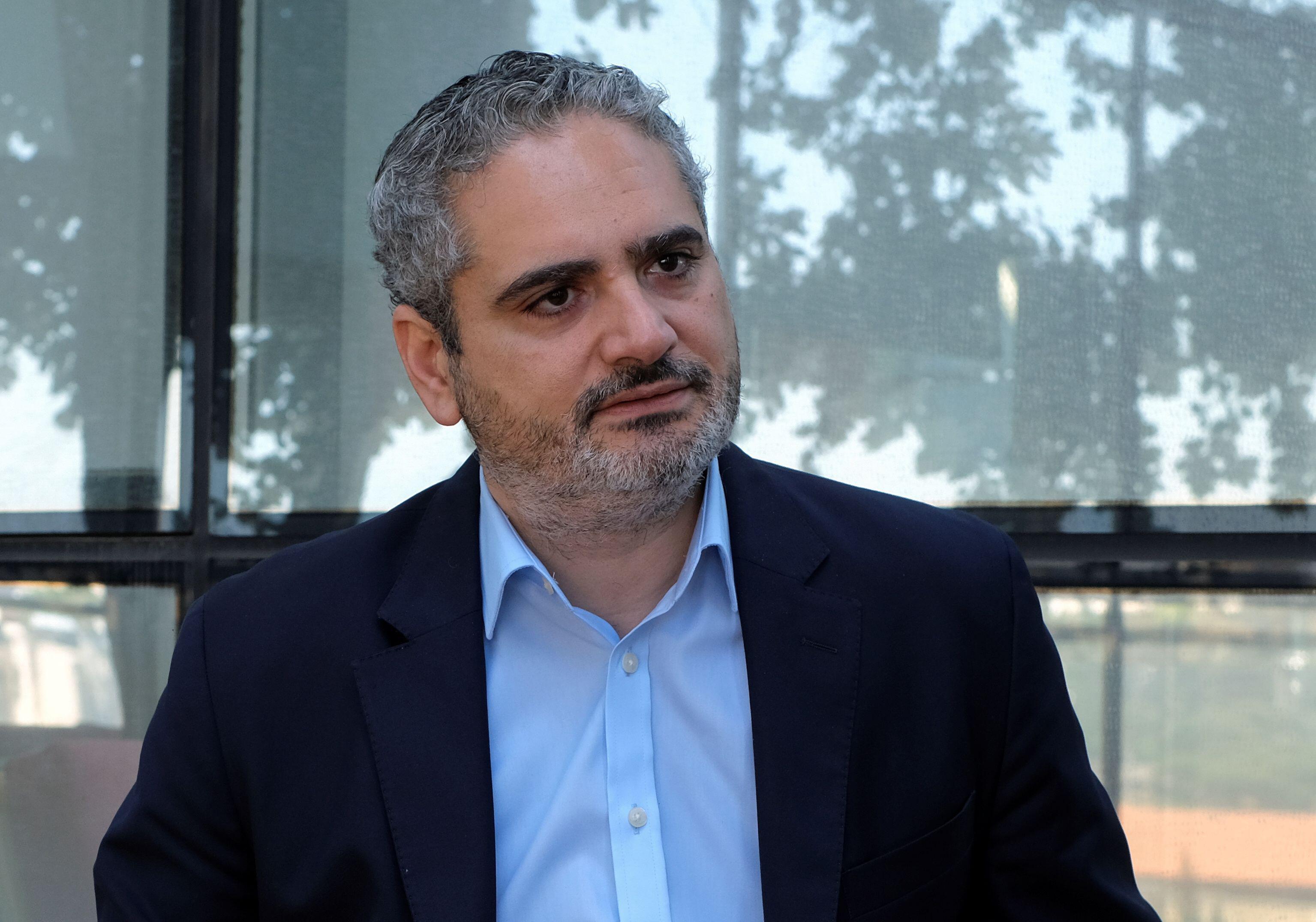The GCC states’ use of Artificial Intelligence will generate much leverage over the global digital infrastructure and climate talks.
Camille Ammoun
{
"authors": [
"Michael Young"
],
"type": "commentary",
"blog": "Diwan",
"centerAffiliationAll": "dc",
"centers": [
"Carnegie Endowment for International Peace",
"Malcolm H. Kerr Carnegie Middle East Center"
],
"collections": [
"Inquiring Minds",
"Political Islam"
],
"englishNewsletterAll": "menaTransitions",
"nonEnglishNewsletterAll": "",
"primaryCenter": "Malcolm H. Kerr Carnegie Middle East Center",
"programAffiliation": "MEP",
"programs": [
"Middle East"
],
"projects": [],
"regions": [
"Gulf",
"Yemen",
"Middle East"
],
"topics": [
"Political Reform"
]
}
Source: Getty
A regular survey of experts on matters relating to Middle Eastern and North African politics and security.
Sheila Carapico | Professor of political science and international studies at the University of Richmond
Last Friday, a pro-Saleh television station, Al-Yaman al-Youm, aired an interview in which Ali Abdullah Saleh essentially announced that he was changing alliances and called on the Saudi-led coalition to help him defeat the “Iranian-backed” Houthi insurgency. This must have been the product of long negotiations with the Saudi kingdom and the United Arab Emirates. Over the weekend he seemed to be regaining control of San‘a. However on Monday, Houthi militiamen ambushed his convoy and killed Saleh. This may enable the Houthis (also known as Ansar Allah) to consolidate their hold in San‘a, although that will probably bring more coalition bombing of the city, where it is currently very dangerous to be.
It is impossible to predict what will happen in other major urban centers—Hodeida, heretofore said to be under Saleh-Houthi control; Ta‘iz, where the Saleh-Houthi invaders faced stiff local resistance; Aden, where Emirati forces defeated the Houthis, but also where the Southern separatist movement is strong; and other areas with uniquely complicated power struggles. It seems likely that armed contingents still “loyal” (or paid by) the Saleh family will face off against the Houthis in many locations.
Saudi Crown Prince Mohammed bin Salman may redouble his efforts to declare victory, perhaps by intensified bombing of Houthi locations and continued stringent economic sanctions. It is almost certain that heartless elite power struggles in the Arabian peninsula will continue to inflict deprivation and disease on non-combatants and families, especially children.
Nadwa al-Dawsari | Nonresident senior fellow at the Project on Middle East Democracy, Yemeni conflict researcher and civil society leader with over sixteen years of field experience
The execution of former Yemeni president Ali Abdullah Saleh by Houthis sent a massive shockwave across Yemen. Saleh allied with the Houthis and staged a coup in September 2014, dragging the country into civil war and forcing President Abed Rabbo Mansour Hadi to resign. It also prompted military intervention by the Saudis. Saleh wanted to use the Houthis as cover to take revenge against his allies who defected from him in 2011. Houthis saw in that an opportunity to grab power. Both, however, have been fierce enemies and fought six wars against each other between 2004 and 2010. Saleh ordered the execution of the rebel group leader, Hussein al-Houthi, in 2004. Houthis chanted “praise God, Sayyidi Hussein is avenged” while showing Saleh’s corpse on video after his execution. The future that awaits Yemen after Saleh’s death is uncertain and grim.
The Saudi led-coalition and Yemeni government have failed to make any substantial military advances since mid-2015. The Saudis entered Yemen without an exit strategy and they still don’t seem to have one. The Emiratis have carved out strategic footholds for themselves in the country. The Yemeni government in Riyadh has failed to re-establish its presence at home or improve living conditions in areas over which it claims control.
In the coming weeks, the Houthis will try to consolidate their power in the north, mostly by continuing to crack down on activists and by eliminating General People’s Congress leaders and influential tribal sheikhs connected with Saleh. The Saudi-backed Yemeni forces might push into San‘a, and probably Hodeida, in an attempt to defeat the Houthis. With the chances of a political solution increasingly slim, more of Yemen will likely become a battleground for a proxy war not only between Iran and the Saudis, but also among the different rich Gulf countries with their divergent interests. All scenarios will involve heavy civilian casualties. The country will emerge as divided and fragmented as ever, probably beyond repair.
Brian Whitaker | Former Middle East editor of the Guardian newspaper, founder of www.al-bab.com
The current turmoil is partly a result of the 2012 transition agreement which granted Ali Abdullah Saleh immunity from prosecution and allowed him to remain in Yemen after stepping down from the presidency. In effect, it gave him a license to make mischief—as we saw in 2014 when he helped the Houthis take over San‘a. His death, obviously, removes “the Saleh factor” from this equation.
In terminating his alliance with the Houthis, Saleh was probably working in collusion with Saudi Arabia. Had it succeeded, his attempt to seize control of San‘a would have inflicted a severe blow to the Houthis, forcing them to retreat to their northern heartland. That, in turn, might have given the Saudis a dignified way to extricate themselves from the conflict. The failure of this ploy, in such a dramatic fashion, is likely to strengthen the Houthis’ position and may prolong the war.
Adam Baron | Visiting fellow at the European Council on Foreign Relations, co-founder of the Sanaa Center for Strategic Studies, based in Yemen between 2011 and 2014
The short answer is that today’s Yemen is not yesterday’s Yemen. The game has changed in a truly dramatic fashion and anyone who says that they know what’s going to happen next with any certainty is, to be blunt, lying. The collapse of the Houthi-Saleh alliance is significant in itself, but Ali Abdullah Saleh’s elimination from the scene will shake the country for years, if not decades, to come. Having spent more than three decades in power, Saleh’s fingerprints are present on nearly everything in Yemen. His removal leaves a tremendous power vacuum, one that is likely to benefit the Houthis and throw the future of his party, the General People’s Congress, into question.
That being said, it remains unclear where things will head. A resurgence of Saleh’s backers, or a realignment with their erstwhile enemies, is hardly out of the question. For now, more conflict appears to be inevitable, while the long-suffering people of Yemen are even further from any meaningful de-escalation, let alone a return to peace.
Carnegie does not take institutional positions on public policy issues; the views represented herein are those of the author(s) and do not necessarily reflect the views of Carnegie, its staff, or its trustees.
The GCC states’ use of Artificial Intelligence will generate much leverage over the global digital infrastructure and climate talks.

Camille Ammoun
In an interview, Shahla al-Kli discusses the country’s parliamentary elections and what they reveal.
Rayyan Al-Shawaf
In an interview, Ibrahim Jalal discusses the Southern Transitional Council’s recent takeover of Hadhramawt and Mahra.

Michael Young
Ankara may seek to annul a maritime deal with Cyprus and expand its influence in the next parliament.

Mohanad Hage Ali
Recent election results have placed Nouri al-Maliki in a strong position to name the next prime minister.
Wladimir van Wilgenburg